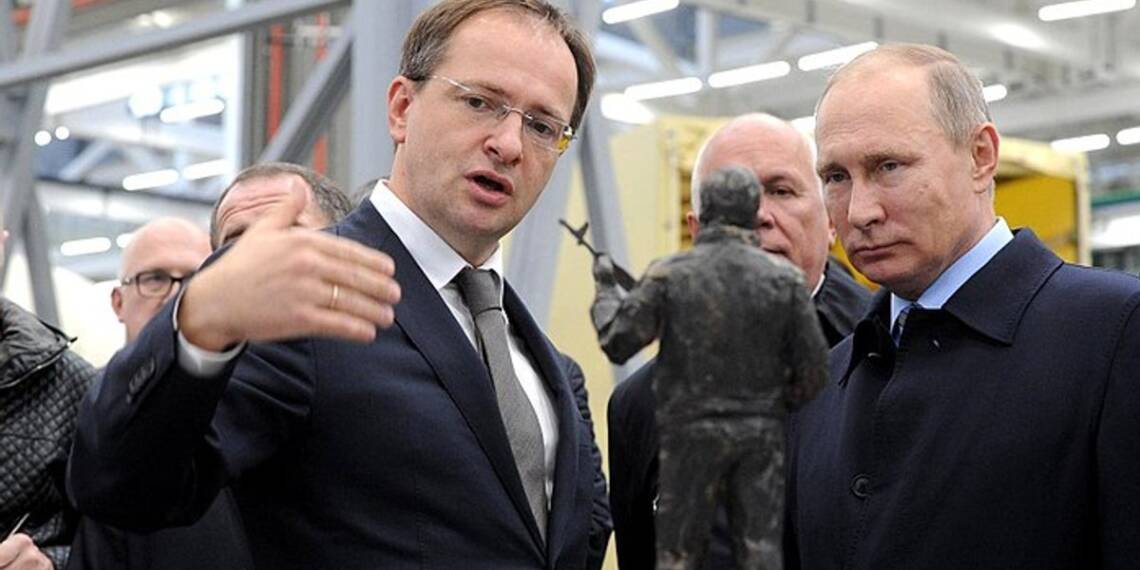Russian President Vladimir Putin will not personally attend proposed peace talks with Ukrainian President Volodymyr Zelensky in Turkey, opting instead to send a high-level delegation. The decision signals both a cautious approach by Moscow and a complex set of strategic calculations as the Russia-Ukraine war grinds into its third year.
Reasons Behind the Absence of Putin
According to Kremlin insiders and diplomatic analysts, there are several key reasons why Putin is choosing not to attend:
Avoiding Direct Concessions: A face-to-face meeting with Zelensky could be used to press Putin into making public concessions, which could be politically damaging at home and undermine Russia’s negotiating leverage.
Delegating for Plausible Deniability: By sending a delegation, Putin can maintain distance from any outcomes or proposals he may later reject or modify, allowing flexibility in shaping domestic and international narratives.
Signaling to Allies: Putin’s absence also sends a signal to countries like China, Iran, and others that Russia is not capitulating but still playing a strong hand, even as it engages in dialogue.
Zelensky Response
Ukrainian President Volodymyr Zelensky has expressed disappointment over Russian President Vladimir Putin’s decision to skip the upcoming peace talks in Istanbul, Turkey, scheduled for today. Despite initial proposals from Putin for direct dialogue “without preconditions,” he has opted to send a delegation led by his advisor, Vladimir Medinsky.
Sources suggest that the Russian delegation will include presidential adviser Vladimir Medinsky and Deputy Defence Minister Alexander Fomin. Turkey, acting as a neutral mediator, will host the talks in Ankara or Istanbul, with Turkish President Recep Tayyip Erdoğan personally involved in facilitation efforts.
The absence of both Putin and U.S. President Donald Trump, who had considered attending contingent on Putin’s participation, casts doubt on the effectiveness of the talks. Zelensky remains firm that any peace negotiations must align with Ukraine’s 10-point plan, which includes restoring territorial integrity, withdrawing Russian troops, ensuring food security, releasing prisoners, establishing a tribunal for war crimes, and securing guarantees for Ukraine’s safety.
What Can Be Expected from the Meeting?
While no breakthrough is anticipated immediately, several outcomes are possible:
Ceasefire Framework: The talks may result in a framework for a temporary or localized ceasefire, especially around humanitarian corridors and frontline civilian zones.
Prisoner Exchange Agreement: Both sides may agree to a new round of prisoner swaps, which have occurred sporadically during the conflict.
Economic and Grain Deal Extensions: Discussions may extend to renewing or modifying agreements on grain exports through the Black Sea, critical for global food supply chains.
A Step Toward Future Talks: Most likely, the meeting will serve as a precursor to broader negotiations. Putin’s delegation can test Ukraine’s and the West’s positions without fully committing Russia to a particular path.
Putin’s decision to avoid a direct meeting with Zelensky may frustrate those hoping for swift diplomatic progress, but it reflects the current geopolitical reality: both sides remain deeply entrenched, and trust is minimal. Still, the involvement of delegations and international mediators keeps the door to peace slightly ajar—if only for cautious exploration.







